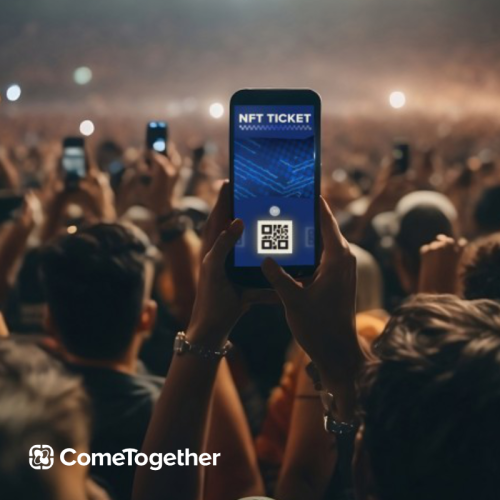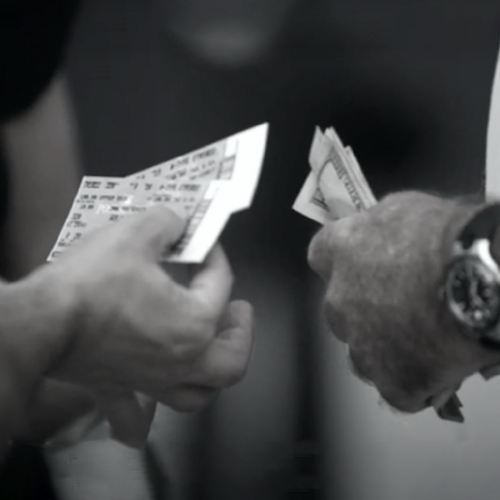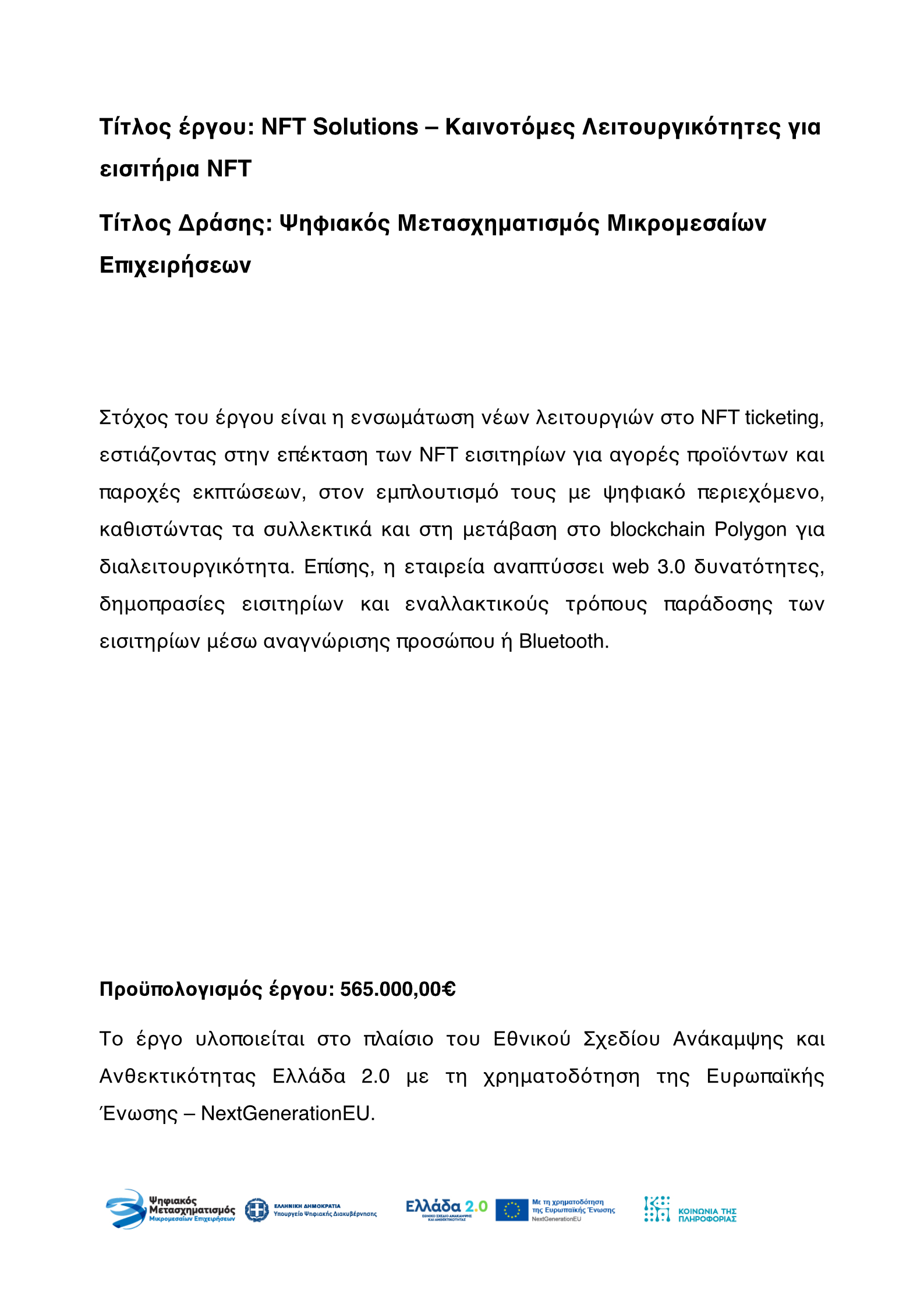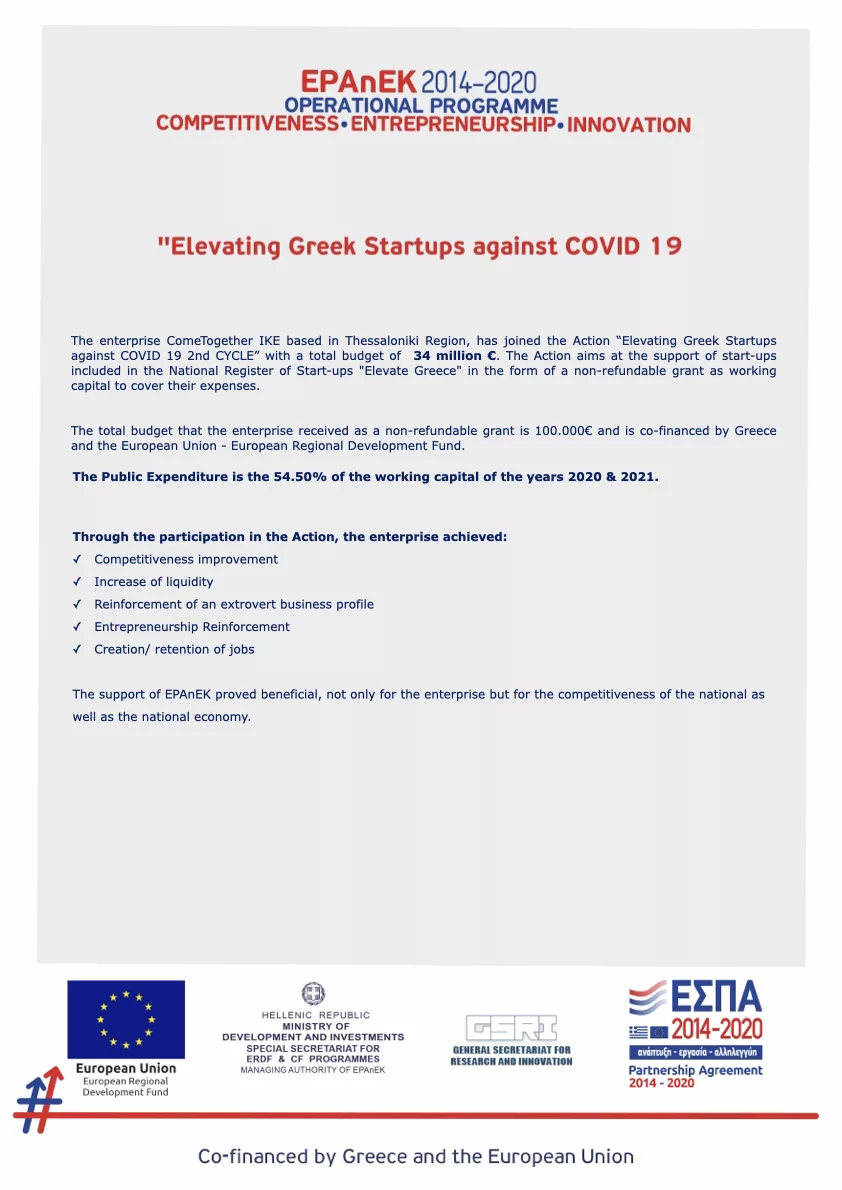In recent years, the rapid rise of blockchain technology has revolutionized various industries, including finance, art, and entertainment. One notable application of blockchain is the rise of Non-Fungible Tokens (NFTs), which have become increasingly popular for digital art and collectibles. However, NFTs are also making waves in the ticketing industry, offering a promising solution to one of its longstanding problems: ticket fraud.
How NFT Ticketing Can Reduce Ticket Fraud

Table of Contents
– Overview of blockchain and NFT technology
– The relevance of NFTs in the ticketing industry
– What are NFTs?
– How NFTs work in ticketing
– Overview of ticket fraud issues
– Common forms of fraud in traditional ticketing
How NFT Ticketing Reduces Fraud
– Immutable ownership records
– Smart contracts for authenticity
– Elimination of scalping
– Enhanced security through blockchain
– Growing adoption of NFT ticketing
– The benefits for event organizers and attendees
Understanding NFT Ticketing

NFTs are unique digital assets that are stored on a blockchain. Unlike traditional cryptocurrencies, which are interchangeable (one Bitcoin is the same as another), NFTs are non-fungible, meaning each one is distinct and cannot be replicated. This makes NFTs particularly well-suited for applications like ticketing, where each ticket represents a unique right or experience, such as entry to a concert or sporting event.
When tickets are issued as NFTs, they are stored on a blockchain, which provides a transparent and secure ledger of ownership. This eliminates the risk of counterfeit tickets and significantly reduces fraud, which is a major issue in the traditional ticketing industry.
The Problem of Ticket Fraud

Ticket fraud is a widespread issue in the event industry. Counterfeit tickets, duplicate tickets, and unauthorized resales often lead to frustrated fans, financial losses, and damaged reputations for event organizers. Traditional ticketing systems rely on centralized databases, which are vulnerable to hacking and tampering. Additionally, paper or digital tickets are easy to replicate, making it difficult to verify the legitimacy of a ticket.
Scalping is another major problem, where third-party sellers buy tickets in bulk and resell them at inflated prices. In many cases, fans end up buying fake or overpriced tickets, leading to disappointment and financial loss.
How NFT Ticketing Reduces Fraud
Immutable Ownership Records: When a ticket is issued as an NFT, its ownership is recorded on a blockchain, which is a decentralized and tamper-proof system. This ensures that the ownership of each ticket can be easily verified. Since the blockchain is transparent, event organizers and attendees can track the entire lifecycle of a ticket, from its issuance to its transfer between individuals. This makes it nearly impossible for counterfeit tickets to circulate.
Smart Contracts for Authenticity: NFT tickets can be programmed with smart contracts, which are self-executing contracts with the terms of the agreement written directly into the code. These smart contracts can enforce rules such as limiting the number of resales, setting price caps for secondary market transactions, or restricting transfers to specific people. This ensures that tickets are sold at fair prices and can only be transferred through legitimate channels, reducing the likelihood of fraud.
Elimination of Scalping: NFT ticketing can include measures that prevent ticket scalping. For example, event organizers can implement resale restrictions or limit how much the ticket price can increase on secondary markets. This helps ensure that fans are not overcharged for tickets and that scalpers cannot exploit high demand.
Enhanced Security: Blockchain technology is inherently secure, as it uses cryptographic algorithms to verify and record transactions. NFT tickets benefit from this security, making them far less susceptible to theft or forgery than traditional digital or paper tickets. The decentralized nature of blockchain also means there is no central point of failure, further reducing the risk of fraud.
The Future of Ticketing
As NFT technology continues to evolve, its application in the ticketing industry is likely to grow. Major event organizers, such as sports teams, music festivals, and theaters, are already exploring NFT ticketing as a way to improve security, transparency, and the fan experience. By adopting NFT-based ticketing, these organizations can create a safer, more efficient, and fraud-resistant ticketing ecosystem.
In conclusion, NFT ticketing offers a powerful solution to the longstanding problem of ticket fraud. Through the use of blockchain technology, NFT tickets provide verifiable ownership, enforceable smart contracts, and enhanced security measures. As more event organizers embrace this technology, fans can look forward to a future where the ticketing process is more transparent, secure, and fair.
FAQs
What is NFT ticketing?
NFT ticketing involves issuing event tickets as Non-Fungible Tokens (NFTs) on a blockchain. Each NFT represents a unique, verifiable digital asset (a ticket) that cannot be duplicated or counterfeited, ensuring authenticity and ownership tracking.
How does NFT ticketing differ from traditional ticketing?
Unlike traditional tickets (either physical or digital), which can be easily copied or tampered with, NFT tickets are stored on a blockchain. This makes them transparent, secure, and traceable. Additionally, NFTs enable smart contracts, which can enforce rules around ticket resale and transfers, adding another layer of control.
How does NFT ticketing prevent counterfeit tickets?
Since each NFT ticket is a unique digital asset recorded on a blockchain, its authenticity can be easily verified. Ownership and transaction histories are transparent, meaning fans, organizers, and venues can track where the ticket originated and who currently holds it. This eliminates the risk of fake tickets being used or sold.
Can NFT ticketing help prevent scalping?
Yes. NFT ticketing can incorporate smart contracts, which can limit how many times a ticket is resold and at what price. Event organizers can set price caps or prevent resales entirely, reducing the chances of scalpers reselling tickets at inflated prices.
What are smart contracts, and how do they help in NFT ticketing?
Smart contracts are self-executing contracts with terms written directly into the blockchain code. For NFT ticketing, smart contracts can enforce rules such as setting limits on ticket resale prices, restricting who can transfer a ticket, or automatically returning unsold tickets to the organizer. These features help reduce fraud and maintain fair ticket pricing.
How does blockchain technology ensure ticket security?
Blockchain technology uses cryptographic algorithms to securely store and verify data. Since blockchain is decentralized and immutable, no single entity can alter or counterfeit the tickets. This makes NFT tickets much harder to steal, forge, or tamper with compared to traditional digital or paper tickets.
Will NFT ticketing work for any event?
Yes, NFT ticketing can work for a wide range of events, from concerts and sports matches to festivals and theater performances. As blockchain technology becomes more widely adopted, more event organizers are likely to adopt NFT ticketing for its security, transparency, and scalability.
Are NFT tickets transferable?
Yes, NFT tickets can be transferred, but the rules for transferring them can be set by the event organizer. For example, smart contracts can restrict transferability, prevent resale, or control the price at which the tickets are resold to avoid scalping and fraud.
How can NFT ticketing improve the fan experience?
NFT tickets provide a secure and transparent experience for fans. They eliminate the worry of buying counterfeit tickets and being overcharged by scalpers. NFT technology also allows event organizers to reward fans with unique digital collectibles or perks linked to their tickets.
Is NFT ticketing the future of the event industry?
Many experts believe NFT ticketing will become more prevalent as blockchain technology evolves. It offers enhanced security, transparency, and better control over resale markets, making it a promising solution for event organizers and attendees alike.
Are there any drawbacks to NFT ticketing?s?
While NFT ticketing offers many benefits, the technology is still relatively new, and some users may face barriers like understanding how to use digital wallets. Additionally, blockchain transactions can incur fees, known as “gas fees,” depending on the blockchain network being used.
How do I buy an NFT ticket?
Buying an NFT ticket typically involves using a digital wallet and purchasing the ticket through a marketplace or directly from the event organizer. After purchase, the ticket is stored in your wallet as a digital asset, and you can present it at the event for entry.

















